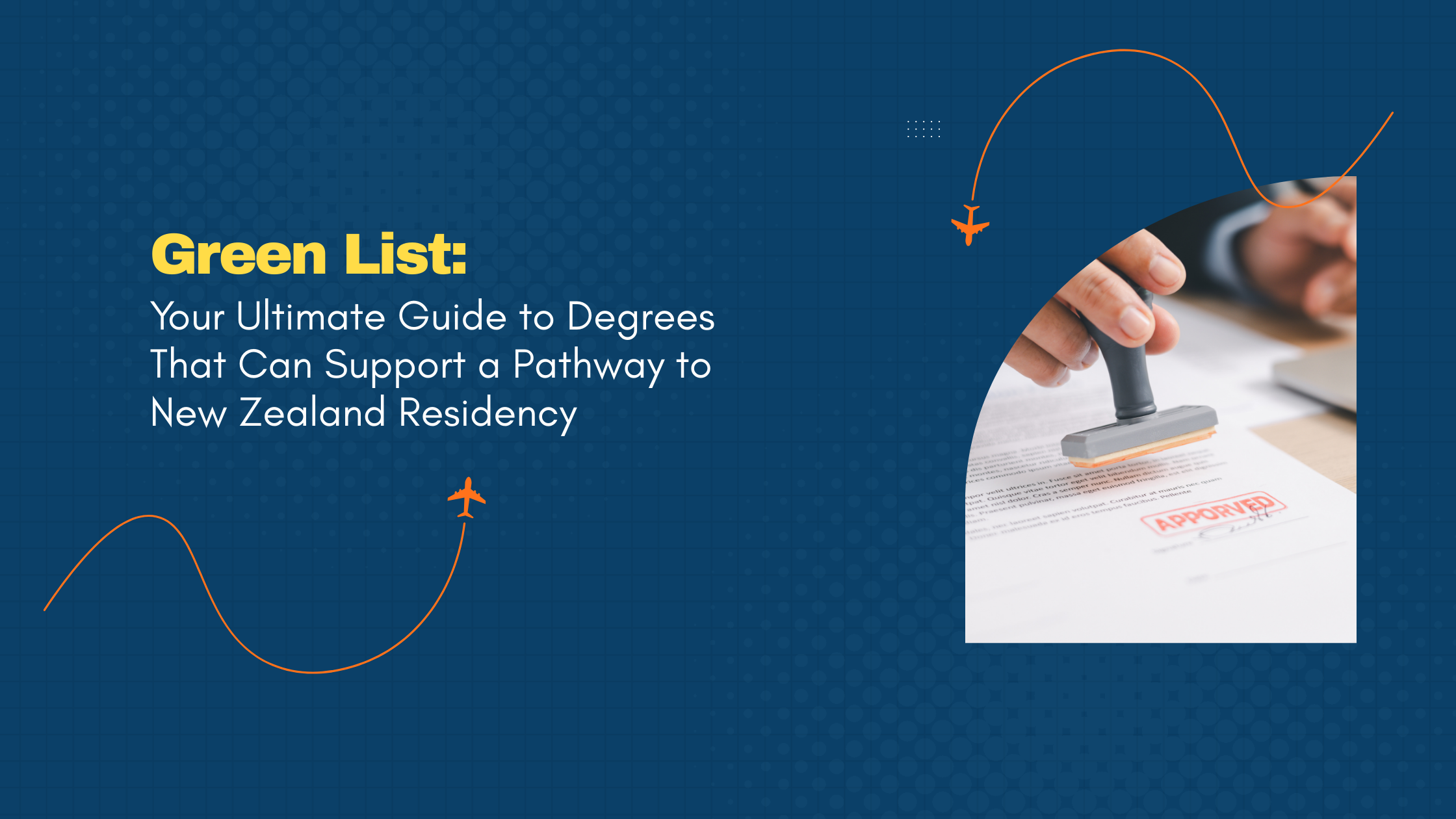
Handling Emergencies and Safety Tips for Families in New Zealand
Moving to a new country as an international student with a family can be both exciting and overwhelming. One of the key aspects of settling in is understanding how to handle emergencies and ensure your family’s safety. This blog will provide a comprehensive guide to preparing for potential emergencies and navigating safety in New Zealand.
- Understanding Emergency Services in New Zealand
- Emergency Contacts: The main emergency number in New Zealand is 111. This connects you to police, fire, ambulance, and search and rescue services. Ensure everyone in your family, including children, knows this number.
- What to Say in an Emergency: Teach your children how to communicate during an emergency call, including providing your address and explaining the situation.
- Language Support: If English isn’t your first language, explain that emergency services can provide access to interpreters, so language barriers shouldn’t stop you from calling.
- Registering with Your Embassy or Consulate
- It is essential to register with your home country’s embassy or consulate upon arriving in New Zealand. This ensures that they can contact you and provide assistance in case of natural disasters, political instability, or other emergencies.
- Consider listing the locations and contact details of relevant embassies and consulates for various countries to make it easier for your readers to find this information.
- Natural Disaster Preparedness
- Earthquakes: New Zealand is located in an active seismic zone, so understanding how to react during an earthquake is crucial. Explain the "Drop, Cover, and Hold" approach and how to earthquake-proof your home.
- Tsunamis: For families living near coastal areas, explain tsunami warnings, evacuation routes, and how to respond if they receive a warning.
- Volcanic Activity and Weather Events: Discuss the steps to take during volcanic activity or severe weather events like floods, particularly for families living near high-risk areas.
- Building an Emergency Kit for Your Family
- Provide a list of essential items to include in an emergency kit: water, non-perishable food, first-aid supplies, flashlights, extra batteries, a radio, and important documents (passports, visas, etc.).
- Include suggestions for tailoring the kit for children’s needs, such as favorite snacks, games, or comforting toys, and any medications family members may need.
- Healthcare and Medical Emergencies
- Access to Healthcare: In case of medical emergencies, families should know the location of the nearest hospital, doctor, and urgent care center. Outline the types of healthcare services covered under the Accident Compensation Corporation (ACC) and what isn’t covered for international students and their families.
- Health Insurance: Stress the importance of health insurance for international students and their families, and what type of coverage they should consider for unexpected health issues.
- Medical Emergency Contacts: Share information on after-hours medical helplines, such as Healthline (0800 611 116), which offers free health advice from registered nurses.
- Creating a Family Emergency Plan
Encourage families to create an emergency plan that includes:
- Meeting points in case family members are separated.
- A communication plan, such as deciding who to call first and using social media or messaging apps to check in.
- Assigning responsibilities for each family member (e.g., packing the emergency kit, looking after pets, etc.).
- Provide a downloadable template or checklist to help families create their own emergency plan.
- Safety in Everyday Life
- Neighbourhood Safety: Share tips on how to assess the safety of a neighbourhood, such as checking crime rates or getting to know neighbours. Encourage families to build a local support network by connecting with community groups.
- Travel Safety: Provide advice on safe travel practices, including road safety rules in New Zealand (seat belts, child car seats), using public transport, and navigating unfamiliar areas.
- Online Safety: Discuss the importance of digital security for international families, such as keeping personal information private online, safeguarding children from cyberbullying, and using secure Wi-Fi connections.
- Staying Informed
- Advise families to stay updated on local news and weather forecasts, especially during severe weather seasons.
- Encourage them to download emergency apps like Civil Defence Emergency Management (CDEM) apps, which send real-time alerts for disasters like earthquakes, tsunamis, or severe weather.
- Reaching Out for Help
- Community Support Services: Share information about community organizations that provide support to international families during crises. For example, ethnic community centers, student support services, and mental health helplines.
- Mental Health and Wellbeing: Moving to a new country and dealing with emergencies can take a toll on mental health. Include details about mental health services for both adults and children, such as Youthline or Lifeline, which offer free, confidential help.
Conclusion
By being well-prepared and informed, international student families can feel confident that they know how to handle emergencies while living in New Zealand. Encouraging families to take proactive steps for safety will not only help them respond effectively in a crisis but also provide peace of mind in their day-to-day lives



